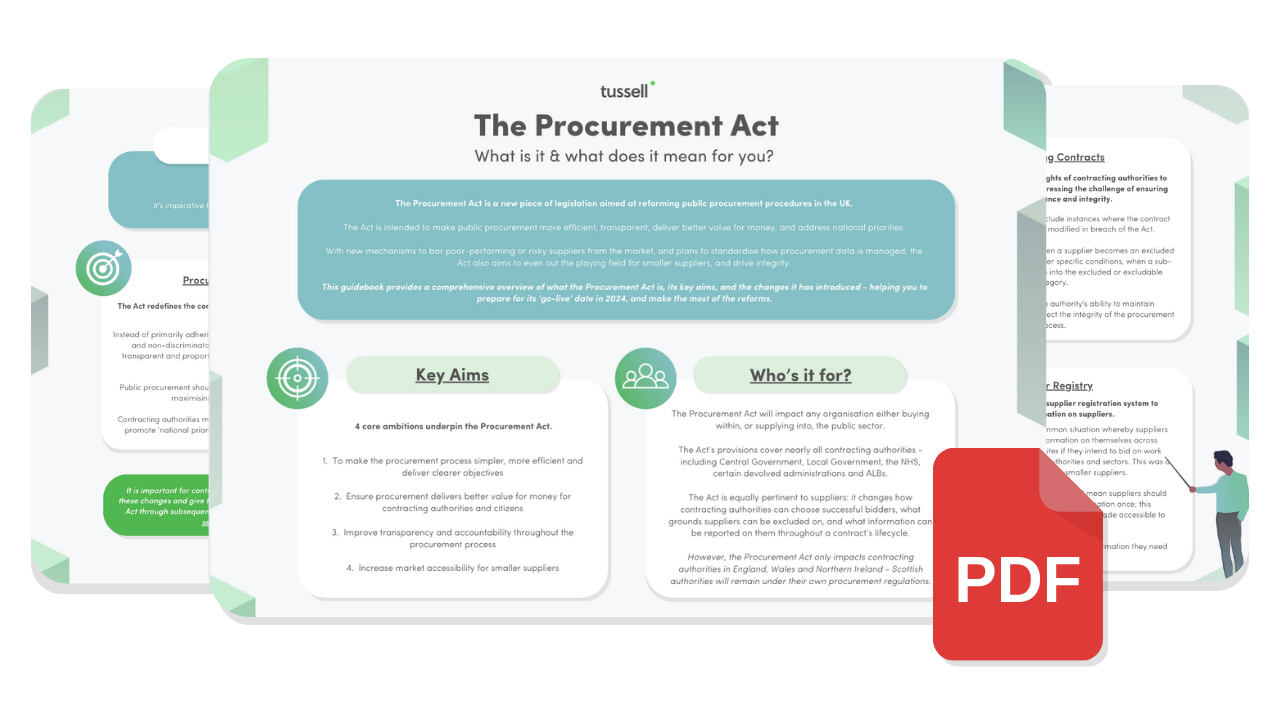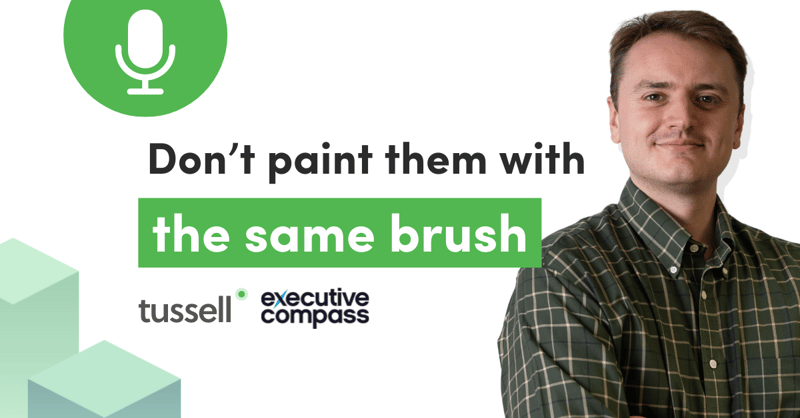Our Head of Marketing, Lloyd Johnson, recently sat down for a chat with Darius Pocha, Co-Founder of Create/Change (one of the Tech200 fastest growing tech companies in the public sector) to discuss the must-knows when pitching your approach to - and actually tackling - complex public sector problems.
In the first instalment of the Public Sector Sales Podcast, we've condensed key insights from our chat below, and you access the full interview on our YouTube channel.
🤔 What makes the public sector's problems so complex?
For Darius, the problems posed by the public sector are almost always more complex than those in the private sector by several magnitudes: a challenge which new and existing suppliers "shouldn't take lightly".
The biggest reason for this is that public sector problems inherently have more bottom-lines than their private sector equivalents.
Just some of these bottom-lines include:
-
Cost: solving these problems costs taxpayers' money, meaning the funds allocated to them has an intrinsically political weight. Moreover, while being able to solve such problems for less money is often a good result, time-sensitive problems often necessitate large cash injections.
-
Long-term considerations: public problems often require a balance between the immediate needs of citizens, and long-term policy objectives and outcomes.
-
Manifesto commitments: many public sector problems are entangled with the government's election pledges
-
Media perception: government bodies have the added consideration of judging how a problem's solution might fare with the media and their public standing.
... just to name a few.
This multitude of potential bottom-lines means what a 'good' or 'desired' outcome for a public sector problems looks like is often quite muddied and ever-changing. This is contrasted by the often singular bottom-line for private sector problems: profits.
With this in mind, Darius says it's important for prospective and incumbent public suppliers to realise that their role is more to "ride shotgun" with civil servants when navigating these considerations. It isn't your job to prioritise them or tackle all of them.
😷 How has the COVID-19 pandemic changed public sector problems?
COVID-19 acted as an "accelerant" for public sector problems, argues Darius.
Before the pandemic, the digitisation of public services had already increased expectations of what the public bodies were able to offer. With the wave of digitisation ushered in by the pandemic, this process has only been intensified further.
As a result, a mounting pressure faced by the public sector is that if they can't meet these growing expectations, they'll soon become less and less relevant in people's minds. After all, a growing number of once public services are already becoming the profession of private enterprise, such as healthcare.
💡 How do you understand your role in solving public sector problems?
One important aspect of public sector problems to keep in mind when tackling them is that they're often unsolvable. Due to a mixture of their competing bottom-lines and ever-changing nature, these problems are rarely solved by government bodies, but rather "made better or worse".
As a result, Darius says it's important for you to recognise that it's not ever your job to fully solve the posed problem - you're there to help the public client tackle it.
Another consideration is that you can't as easily designated who you're tackling the problem for. In the private sector, it's relatively easy to generate a target demographic or persona to whom you're targeting a new product, service or piece of marketing. In the public sector, by contrast, it's not so straightforward: your solution often applies to a wide diversity of contrasting, sometimes competing societal groups. As a result, you shouldn't think that your solution can ever be a 'one-size-fits-all'.
Decide if you're a public sector 'supporter', 'accelerator' or 'enhancer'.
With this all in mind, Darius says it's imperative that you understand what specific value you're bringing to the problem through your products and/or services. For Darius, these generally fall into three categories:
-
If you're supporting the public sector - i.e. helping it do something it's already doing - you need to be good value for money, flexible and easy to work with.
-
If you're accelerating the public sector - i.e. helping it do something it's already doing faster - you need to truly understand how the public sector works; getting things done quickly in the public realm is notoriously tricky, after all.
-
If you're enhancing the public sector - i.e. introducing new ways of doing something - you've got to bring insight or capability that the public sector doesn't have yet.
By understanding which of these you're doing, not only can you better put into perspective what you can offer the public sector, you'll in turn inform your pitch, pricing and messaging.
🎯 ... but how do you understand the public sector in the first place?
There's no shortcut for getting to understand the ins and outs of the public sector: experience working directly with the public sector is an invaluable source of knowledge.
Generally speaking, however, if you're supporting or enhancing the public sector, a deep knowledge of the public sector's intricacies and workings is much less pivotal than if you're looking to accelerate it.
Darius recommends that newcomers to the public sector should bid in consortium with specialists if you're looking to work in an area you don't have rich knowledge in. Bringing in external domain expertise will let you bridge this gap and apply your services to the fullest extent.
📊 What's the role of data when solving public sector problems?
For Darius, data "flows through everything" when understanding and solving public sector problems.
Historically, the public sector has utilised data to perform large quantitative analysis of static data - like economic statistics or population demographics - to begin approaching problems.
More recently, however, the public sector has put a greater emphasis on qualitative data analysis: namely, its ability to provide narrative, texture, and 'on-the-ground' understanding behind the figures.
The data utilised by the public sector, moreover, has become less static: data-sets are ever-changing and often updated in real-time. This requires advanced data techniques - such as artificial intelligence or machine learning - to comprehend this vast deluge of data.
Triangulate your data.
Data doesn't speak for itself: it cannot tell us what matters or what's important. Only through a "triangulation" of qualitative, quantitative and machine-learning infused data sets - says Darius - can we begin to arrive at the meaning behind the data.
💼 What's the role of expertise when solving public sector problems?
Darius observes that very good companies tend to only do one or two things exceptionally well, rather than spreading its services across multiple domains.
When pitching your services to the public sector, therefore, it's important to recognise what your key speciality is. From this, you'll be less likely to bid on work that you're not truly a specialist in, and be more likely to do well if and when you do acquire work.
This comes back to the three categories of work - supporting, accelerating, enhancing - referenced earlier. By understanding which you are specialised in, you'll be able to better pitch, price and deliver your services.
Expertise plays another role in the public sector: building credibility. Credibility and reputation are extremely important in acquiring new public sector work: with the multiple bottom-lines referenced before, public bodies rarely want to 'take a bet' on a relatively an ambiguous supplier. By clearly expressing your domain expertise, you'll be able to more easily acquire new work and build much-needed credibility.
Building credibility is, obviously, not an overnight process. Darius encourages newcomers to the public sector to not be discouraged if you don't win work straight away - instead, it's important to understand why you didn't. Did you not pitch your services accurately? Did you not hone in on your domain speciality? Did you not truly understand what kind of service you were providing. During this reflection it's also important to consider whether you were more preoccupied with what you wanted to sell over what the public body actually needed.
*
The public sector is an inherently complex and ever-changing world: appreciating this complexity - and the role you can play in tackling it - is crucial for both prospective and existing public suppliers to win new business.
You can listen to the full discussion with Darius on our YouTube channel.
To learn more about Darius and Create/Change, view their website here.
You can watch or listen to the other instalments of the Public Sector Sales Podcast here.




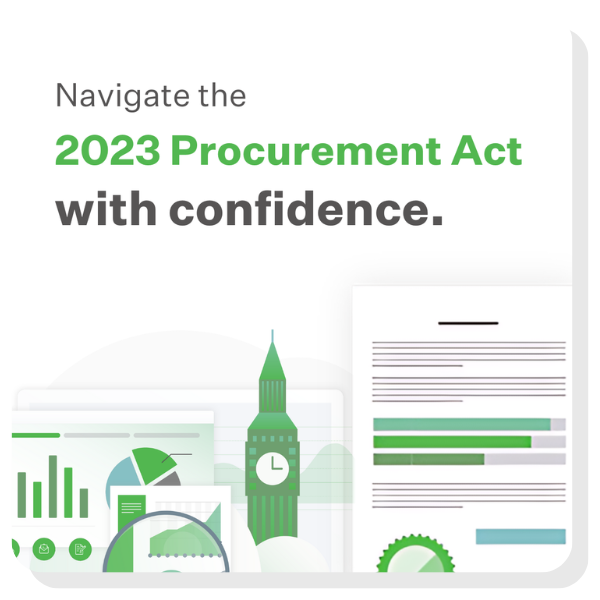
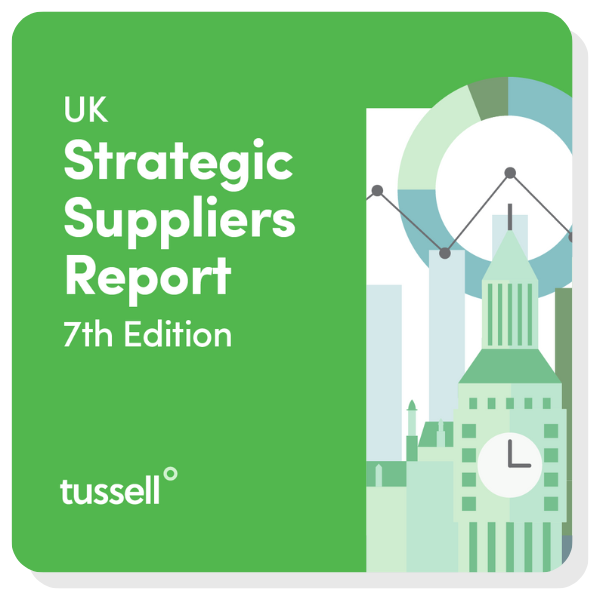

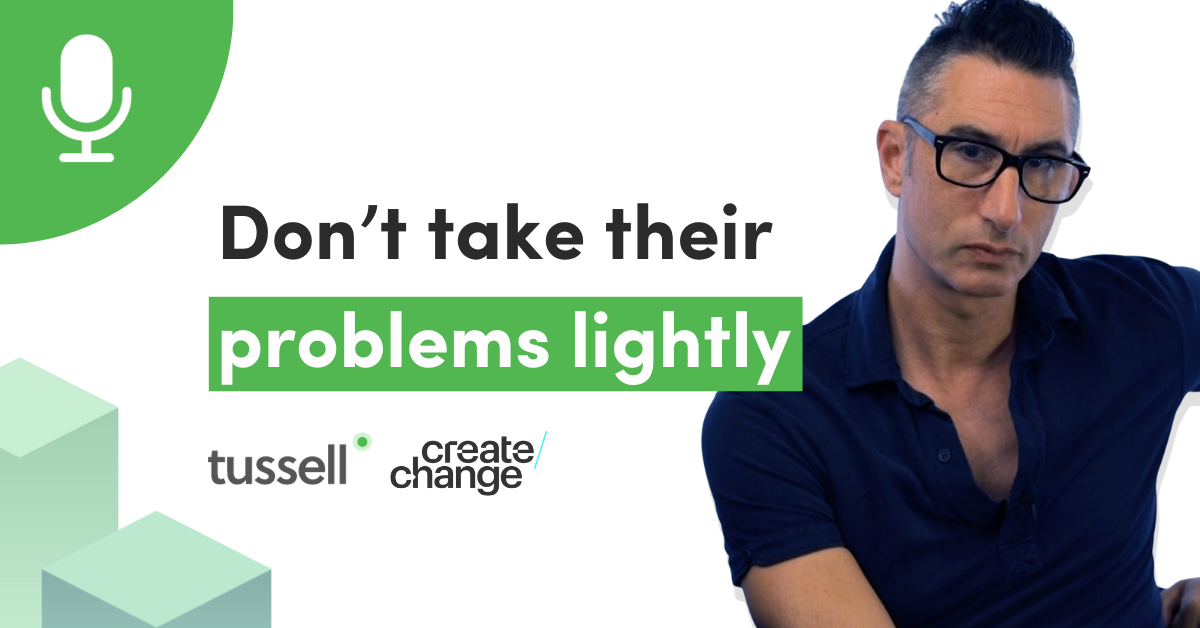
.png?width=80&height=80&name=james%20v2%20(1).png)

